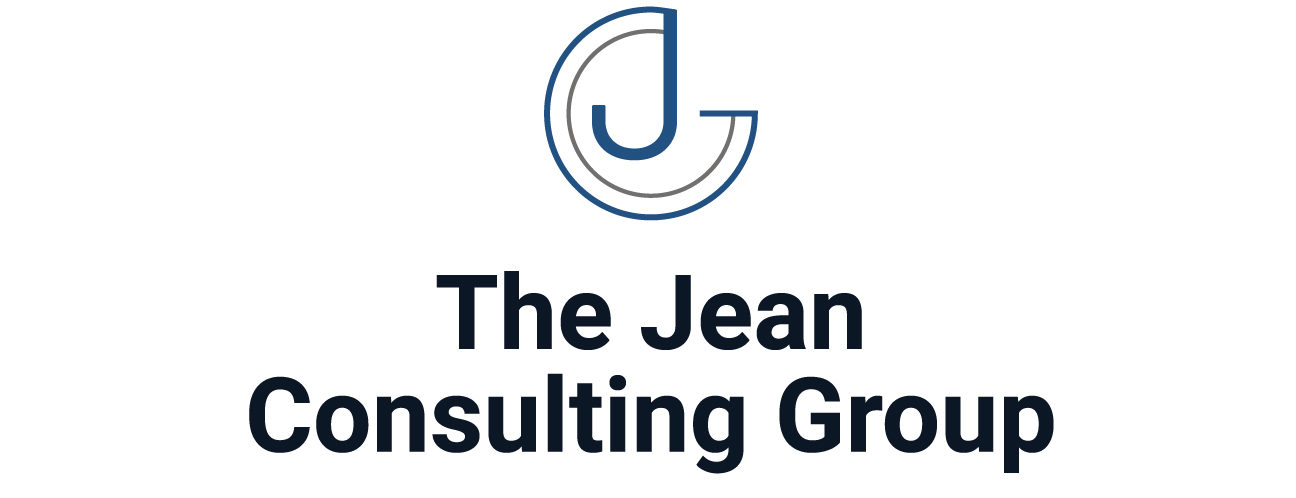In the intricate process of dispute management within organizations, the roles of documentation and record-keeping cannot be overstated. These practices form the backbone of a transparent, accountable, and effective dispute resolution process, safeguarding the interests of all parties involved and ensuring that the organization remains compliant with legal and regulatory standards. This article delves into the critical importance of documentation and record-keeping in dispute management, outlining best practices and strategies for implementing these essential components effectively.
Understanding the Importance of Documentation and Record-Keeping
Documentation and record-keeping serve several pivotal functions in the context of dispute management:
- Evidence and Accountability: Comprehensive documentation provides a factual basis for understanding the dispute, the steps taken during the resolution process, and the rationale behind decisions made. This serves as critical evidence in case of legal scrutiny or appeals.
- Consistency and Fairness: Proper records help ensure that all disputes are handled consistently and fairly, according to established policies and procedures, thereby reducing the risk of bias or unfair treatment.
- Transparency and Communication: Keeping detailed records enhances transparency with all involved parties, facilitating clear communication and understanding throughout the dispute resolution process.
- Compliance and Legal Protection: Documentation is essential for demonstrating compliance with relevant laws, regulations, and internal policies, protecting the organization from potential legal challenges.
Best Practices for Documentation and Record-Keeping in Dispute Management
To leverage the full benefits of documentation and record-keeping in dispute management, organizations should adhere to the following best practices:
- Timely and Accurate Recording: Document all relevant facts, conversations, decisions, and actions as soon as they occur to ensure accuracy and completeness. Delayed documentation may lead to gaps or inaccuracies in the record.
- Objective and Factual Documentation: Keep records objective, focusing on facts and observable behaviors rather than subjective interpretations or opinions. This approach enhances the credibility and utility of the documentation.
- Confidentiality and Security: Maintain the confidentiality and security of dispute-related documents, protecting the privacy of involved parties and complying with data protection laws.
- Comprehensive and Organized Records: Ensure that documentation covers all aspects of the dispute management process, from the initial complaint to the final resolution. Keeping records organized and easily accessible is crucial for effective management and review.
- Regular Review and Update: Periodically review and update documentation and record-keeping practices to reflect changes in laws, regulations, and organizational policies. This ensures that practices remain current and effective.
Strategies for Implementing Effective Documentation and Record-Keeping
Implementing robust documentation and record-keeping practices in dispute management involves strategic planning and organization-wide commitment. Key strategies include:
- Training and Awareness: Train managers, HR professionals, and employees on the importance of documentation and record-keeping, providing guidance on how to document disputes effectively.
- Clear Policies and Procedures: Develop clear policies and procedures for documentation and record-keeping in dispute management, outlining what should be documented, how records should be maintained, and who has access to them.
- Utilize Technology: Leverage technology solutions, such as document management systems or specialized dispute resolution software, to streamline the documentation process, enhance security, and improve accessibility.
- Monitor and Audit: Regularly monitor and audit documentation and record-keeping practices to ensure compliance with policies and identify areas for improvement.
Conclusion
Documentation and record-keeping are indispensable elements of effective dispute management, offering a foundation for fairness, transparency, and legal compliance. By implementing best practices and strategic approaches to documentation, organizations can navigate the complexities of dispute resolution with confidence, ensuring that decisions are well-informed, justifiable, and defensible. As disputes inevitably arise, the strength of an organization’s documentation and record-keeping practices will play a crucial role in achieving positive outcomes and maintaining organizational integrity.




